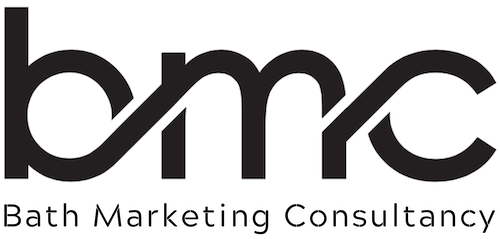When a business is looking for a marketing agency to work with, one of the most common approaches is to invite agencies to pitch for the project. A pitch is essentially a competitive presentation where agencies showcase their strategic thinking, creative ideas, and expertise in response to a business challenge.
While the pitch process can be a great opportunity for agencies to win new business, it also comes with challenges—requiring significant time, effort, and resources. So, is pitching always worth it? Let’s take a closer look at how the process works, the pros and cons, and some key statistics on pitch success rates.
What Happens in a Marketing Pitch?
When invited to pitch, a marketing agency will typically be given a brief outlining the client’s objectives, budget, and expectations. The agency then has a set amount of time to prepare a response, which usually includes:
✔️ Strategic approach – How the agency would solve the business challenge.
✔️ Creative ideas – Proposed campaign concepts, branding, or messaging.
✔️ Tactical execution – The recommended channels (e.g. digital, social, print, PR).
✔️ Budget & ROI projections – An outline of costs and expected results.
✔️ Credentials & case studies – Proof of previous success in similar projects.
Once completed, agencies present their pitch to the client, either in person or virtually, and await a decision.
The Pros of Pitching for New Business
✅ A Foot in the Door – Even if an agency doesn’t win, it establishes a relationship with the client for future opportunities.
✅ Showcasing Expertise – A well-executed pitch highlights an agency’s creativity, strategy, and ability to solve complex challenges.
✅ Competitive Advantage – If competitors are pitching, not participating could mean missing out on a valuable opportunity.
✅ Potential for Long-Term Partnerships – A successful pitch can lead to ongoing retained work, which is often more valuable than a one-off project.
The Cons of Pitching: Is It Always Worth It?
⏳ Time-Intensive – Preparing a competitive pitch can take weeks of work, often unpaid.
💰 High Resource Cost – Pitching requires input from senior strategists, creatives, and account managers, pulling them away from billable client work.
📉 Low Success Rates – Studies suggest that only 20-30% of agency pitches result in a win, meaning the majority of efforts don’t lead to business.
🤝 Clients Seeking Free Ideas – Some businesses invite agencies to pitch with no intention of hiring them, instead using the process to gather free ideas.
Should Your Agency Pitch? Key Considerations
Before committing to a pitch, agencies should ask:
🔹 Is this client a good fit for our expertise and sector experience?
🔹 Does the potential long-term value justify the investment in pitching?
🔹 How many agencies are competing, and what are the real chances of success?
🔹 Is there an alternative way to showcase our value without a full pitch?
Final Thoughts
Pitching remains a key part of winning new business in marketing, but it’s not always the right choice. Agencies must carefully evaluate each opportunity, ensuring the potential reward justifies the effort. A well-structured pitch process benefits both clients and agencies, but transparency, fair competition, and respect for time and resources should always be at the heart of it.
For businesses looking to hire an agency, it’s worth considering alternative selection processes, such as chemistry meetings or smaller paid test projects, which can often lead to stronger, more collaborative partnerships.



